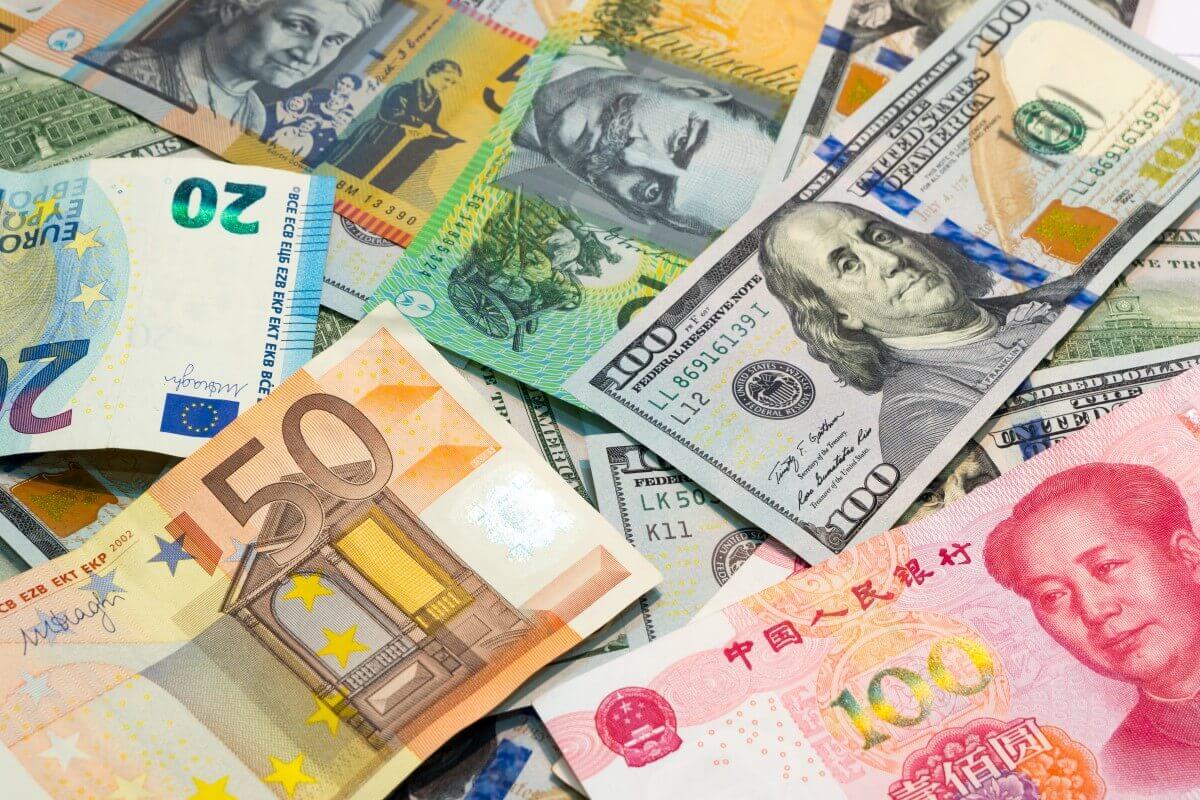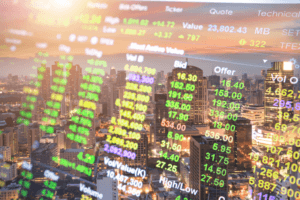Preliminary purchasing managers’ (PMI) surveys showed that German business activity unexpectedly shrank in July while French manufacturing activity contracted and growth in services slowed,
Analysts said the eurozone economy appeared to be heading towards a recession.
The ECB raised rates by a more-than-forecast 50 basis points (bps) on Thursday. However, the euro was already softer, as its new tool to shield highly indebted states from soaring borrowing costs failed to impress investors.
Analysts also said that removing the ECB’s forward guidance on rates and moving to a meeting-by-meeting, data-dependent stance gives the central bank a small window of opportunity for further tightening.
Traders are now pricing under 110 bps of ECB rate hikes by December. The number went down from around 120 bps before the data.
At 1047 GMT, the euro was down 0.72% to $1.01575. It retreated further from Thursday’s knee-jerk peak of $1.0279 following the ECB’s hefty rate hike.
What About the Dollar?
The dollar index measures the greenback against six major peers, with the euro the most heavily weighted. It was last up 0.46% to 107.10, following a 0.34% slide on Thursday.
For the week, the index was down 0.83%. This was its biggest decline since May 29 and its first losing week in four. At the same time, disappointing U.S. data has dampened expectations of a large 100 basis point (bps) hike from the Federal Reserve next week.
Traders now put 83.7% odds on the Federal Open Market Committee, raising rates by 75 bps on July 27, with a 16.3% probability of a full-point hike.
Elsewhere, sterling slid 0.53% to $1.1940, trimming its weekly gain to 0.59%, still the most since late May.










